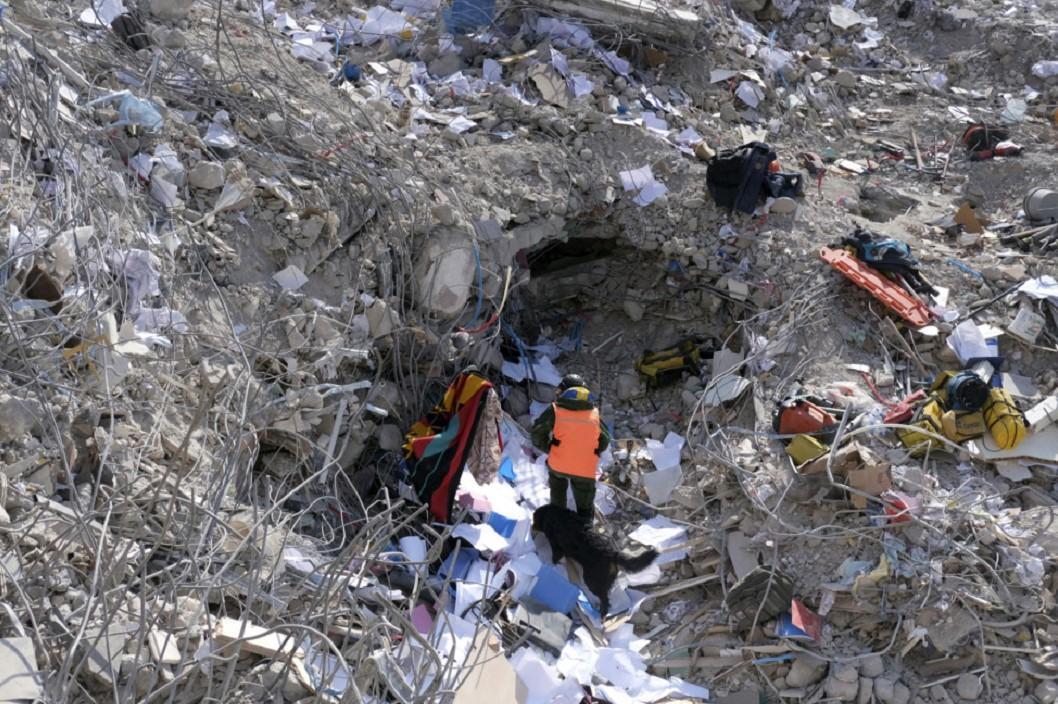84,726 heavily damaged buildings detected after quakes
ANKARA

Environment, Urban Planning and Climate Change Minister Murat Kurum said on Feb. 17 that 684,000 buildings were examined in the provinces affected by the Kahramanmaraş-centered earthquakes and that 84,726 of them were detected demolished, urgently to be demolished or severely damaged.
The ministry continues to work on damage assessment on the one hand, and carry out work on temporary accommodation and permanent residences on the other, Kurum told reporters in the southern province of Adana.
Damage assessment studies continue in 11 provinces with 7,328 personnel, and a total of 3,009,563 independent sections and 684,000 buildings were examined, Kurum stated.
“A total of 84,726 buildings, consisting of 332,947 independent sections, were found to be demolished, to be demolished immediately, and severely damaged. In Adana, 1,602 independent sections of 148 buildings were detected to be collapsed, to be demolished, and severely damaged,” Kurum explained.
Reminding that earthquakes directly affected 14 million people in 11 provinces, the minister emphasized that they are carrying out a sensitive process regarding the new settlements of cities and a work that will ensure the safety of life and property of citizens.
“Just as our previous 1,180,000 TOKİ houses were standing upright, we are carrying out the works to choose the most correct ground and location in case of possible earthquakes in the next period.”
As of the beginning of March, the government will hold the simultaneous tenders of our houses in 11 provinces and coordinate the construction with TOKİ, Kurum stated.
Following the completion of damage assessments in 11 provinces, the government will be carrying out the simultaneous construction process, Kurum added.
“We act with the same sensitivity as we did in our previous residences, as a result of preparing detailed ground survey reports, conducting micro-zoning studies, and examining the geophysics experts. We strive to choose the most correct residential areas,” the minister said.
From now on, they will carry out the citizens’ relocation process in the coordination center created, Kurum said.
“I would like to request once again that goods from heavily damaged buildings should not be taken from the buildings. It is important that the process of taking goods be carried out under the coordination of our provincial governor’s offices,” he said.
“We will do this together with our scientists, and we will allow the transportation process following the decision of ‘goods can be taken.’ Otherwise, no items should be taken from heavily damaged buildings,” he added.
More than 38,000 people lost their lives in Türkiye as a result of last week’s earthquake, making it the deadliest such disaster since the country’s founding 100 years ago.
While the death toll is almost certain to rise even further, many of the tens of thousands of survivors left homeless are still struggling to meet basic needs, such as finding shelter amid the bitter cold.
Confirmed deaths in Türkiye passed those recorded from the massive Erzincan earthquake in 1939 that killed around 33,000 people.
















